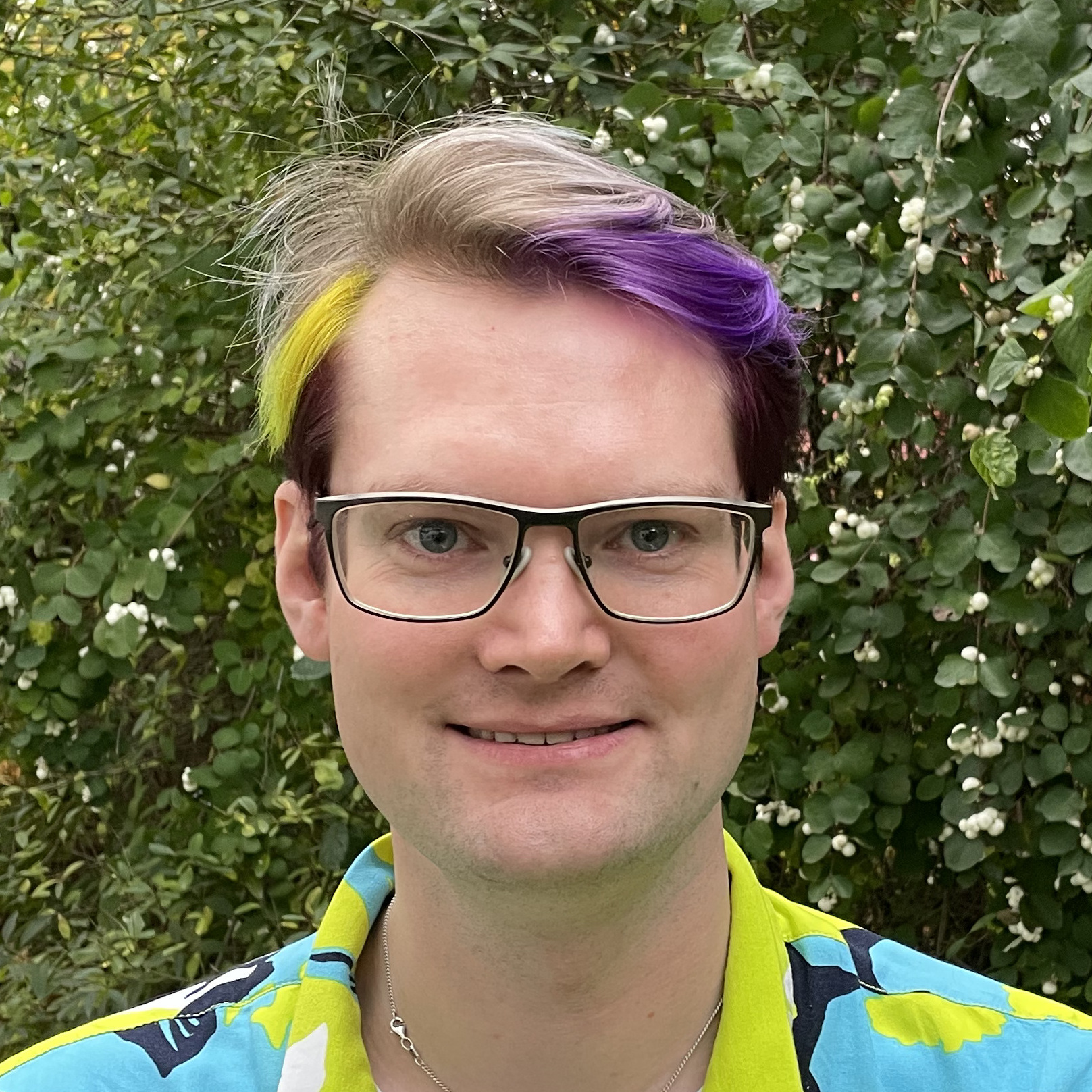2019/Utrecht/privacy
Not oversharing was a session at IndieWebCamp Utrecht 2019.
Notes archived from: https://etherpad.indieweb.org/privacy
IndieWebcamp Utrecht 2019
Session: Not oversharing
When: 2019-05-18 14:05
Participants
 Greg McVerry
Greg McVerry Rosemary Orchard
Rosemary Orchard Sebastiaan Andeweg
Sebastiaan Andeweg Martijn van der Ven
Martijn van der VenDavid Shanske
 Jeremy Cherfas
Jeremy Cherfas- Add yourself here… (see this for more details)
Notes
- what people choose to share, and what are motiviations for sharing?
- why share location in life? do burglars then show up at your house?
- jeremy: i sensor myself - i don't anything i'm not happy to have discoverable
- quesiton: how do people approach privacy on the indieweb?
- using unguessable URLs?
- how much data is too much data?
- {rosemaryorchard}: misaligned feeds, ended up adding more in to a feed that other people would have subscribed to
- we collect this data because it's interesting to us
- it's useful when we're making recommendations to other people
 Sebastiaan Andeweg: uses own your swarm
Sebastiaan Andeweg: uses own your swarm
- doesn't use swarm other than indiewebcamps - because it shares info that he doesn't want shared to his site usually
- maybe put it behind a log in wall
- rose: all swarm posts are marked as private on her WP blog
- frank: stuff i want to keep but not share - just don't put it online
- keep it digitally in my own system, like evernote, or day one
- one workflow beats having two
- sometimes have problem with one workflow for everything
- there's maybe not one optimal workflow for both
- some things are automatically saved on own laptop
- if you decide to make it public later, you don't have to move it from one place to another
- reiterates: if it's private, don't put it online
- facebook - jobs might check your facebook profile
- also if with e.g. checkins, you want a mixture of private and public - useful not to have two separate methods for posting this
- aaron parecki: on his site he's very positive, but he doesn't wan tto be snarky publicy
- takes a lot of energy to figure out to share which information with each people (the "chris aldrich" problem)
- targeting posts to particular audiences - e.g. specifically posting to my family, or to my friends
- e.g. google circles
- online these are specific actions to choose what to show and to hide
- there is also data that we don't choose to share - there are things that you unconsciously share
- maybe you're typing things into google and patterns are made from your actions that you aren't aware of
- how do you deal with other people sharing information on you?
- time consuming to always have to be aware of what's being shared about you
- some parents have a policy of not sharing any information of their children at all online
- are we overreacting? being overlly cautious?
- the problem now is that it's so easy for things to go viral and for things to blow out of proportion online
- this gave us google's right to be forgotten
- relates to how long information is online
- it's also about context - what is your information being used? to train an AI algorithm without your consent? to put you into a deep fake?
- perhaps we need an AI trained to delete any photos of us that it recognises!
- but it only works if noone else has taken a copy of your data
- the only way to solve is with legislation in this case
- IBM uses personal photos from flickr of people at events
- have people used GDPR in order for data to be removed?
- in Austria grades get kept for 80 years
- in Sweden, all content gets sent to royal library for archiving
- even if you ask for it to be redacted, you can't get it removed from the swedish royal library
- some things are factual in which case should you be able to redact?
- the right of being forgotten (the right of being allowed to be forgetten)
- e.g. the video being recorded today - if we put it on to archive.org, we can't guarantee what someone else does with that in five years
- should we think about future contexts - what if we stop living in a democracy and our data is online?
- we should mandate that data is stored in europe or on our own servers
- with data context is always key - this is why metadata is so important
- can not having a presence online have a negative presence too?
- (e.g. the royal family opened up in order to have more control of what's shared)
- facebook's shadow profiles - built up on people that aren't on facebook
- consequences of personal choices, consequences of society
- issue of people deleting things they shared by accident - this itself can be interpreted
- using services to do rolling deletions of things that are posted, e.g. remove every 7 days
- do we want to sanitise everything so much that no one in future can find out anything about us?
- if we keep everything private are we stopping future geneology?
- people could choose to voluntarity send things to a public archive - rather than information being scraped about people
- example of richard nixon's tapes - he would have probably wanted them destroyed (but as a politician, then he perhaps should have that right)
- infrastructure of the internet itself - why is data owned by platform?
- you can ask for your information to be revoked, unless you've given an unrevokable license for its use?
- is it an issue that can only be resolved privately?
+1 for owning your data even if you do not share it
I am very particular about my checkins..often see them as priviedge machines, try to only check in at community or learnign events and not expensive meal places...but recogniuze my ability to volunteer also reflects priviledge...doesn't feel as skeevy to me
